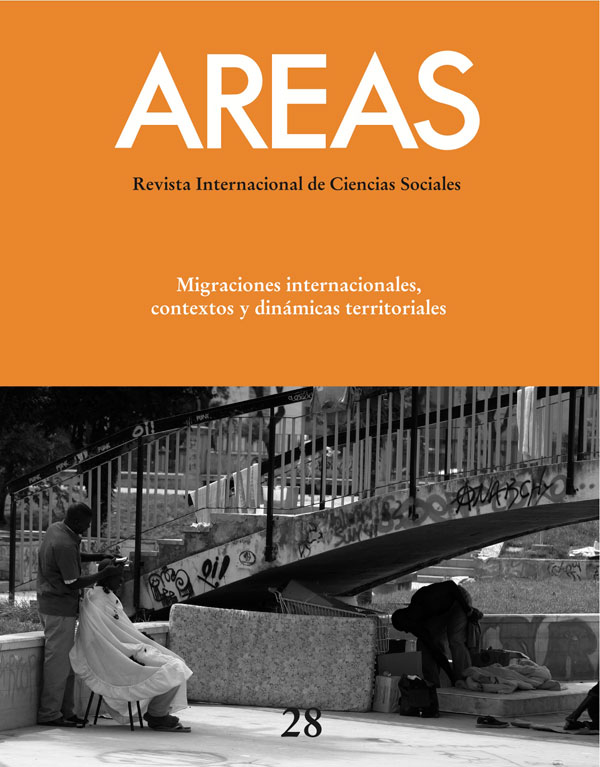From the myth of desterritorialization to multiterriteralizaty: a theoretical review based on uruguayan migration
Abstract
The aim of this article is to discuss the concept of desterritorialization which fercquently appears in the debates on transnational migrations and globalization. We will focus on Uruguayan migration to show the importance that territories still have in transnational migration processes. Deterritorialization can only be thought as a metaphor because, even if contemporary migrations and globalization processes question the traditional ides about society and nation, they do not implicate the end of territories. The analysis of the recent Uruguayan migration allow us to observe how, more than desterritorialization processes, we are attending to new processes of reterritorialization and multiterritoriality.Downloads
Download data is not yet available.
Metrics
Views/Downloads
-
Abstract983
-
PDF (Español (España))401
Moraes Mena, N. (2009). From the myth of desterritorialization to multiterriteralizaty: a theoretical review based on uruguayan migration. Areas. International Social Science Journal, (28), 61–70. Retrieved from https://revistas.um.es/areas/article/view/118741
Artículos
The published works by this Journal are subject to the following terms:
1. The Publication Service of the University of Murcia (the Editor) owns the copyright of its publications. It promotes and allows its use under the indicated licence in Section 2.
© Servicio de Publicaciones, Universidad de Murcia, 2011
2. Papers are digitally published under the licence Creative Commons Reconocimiento-NoComercial-SinObraDerivada 3.0 España (legal text). They can be copied, used, disseminated, transferred and publically presented if: i) the author is quoted, as well as the original source of publication (Journal, editorial and URL); ii) they are not used for commercial purposes; iii) the licence of use is mentioned.
3. Auto-file Conditions. It is allowed and authors are encouraged to digitally disseminate their pre-print versions (versions prior to review) and/or post-print (reviewed version accepted for its publication) since it promotes its early diffusion and the corresponding increase of quotes and scope within the academic community. RoMEO Colour: green.


